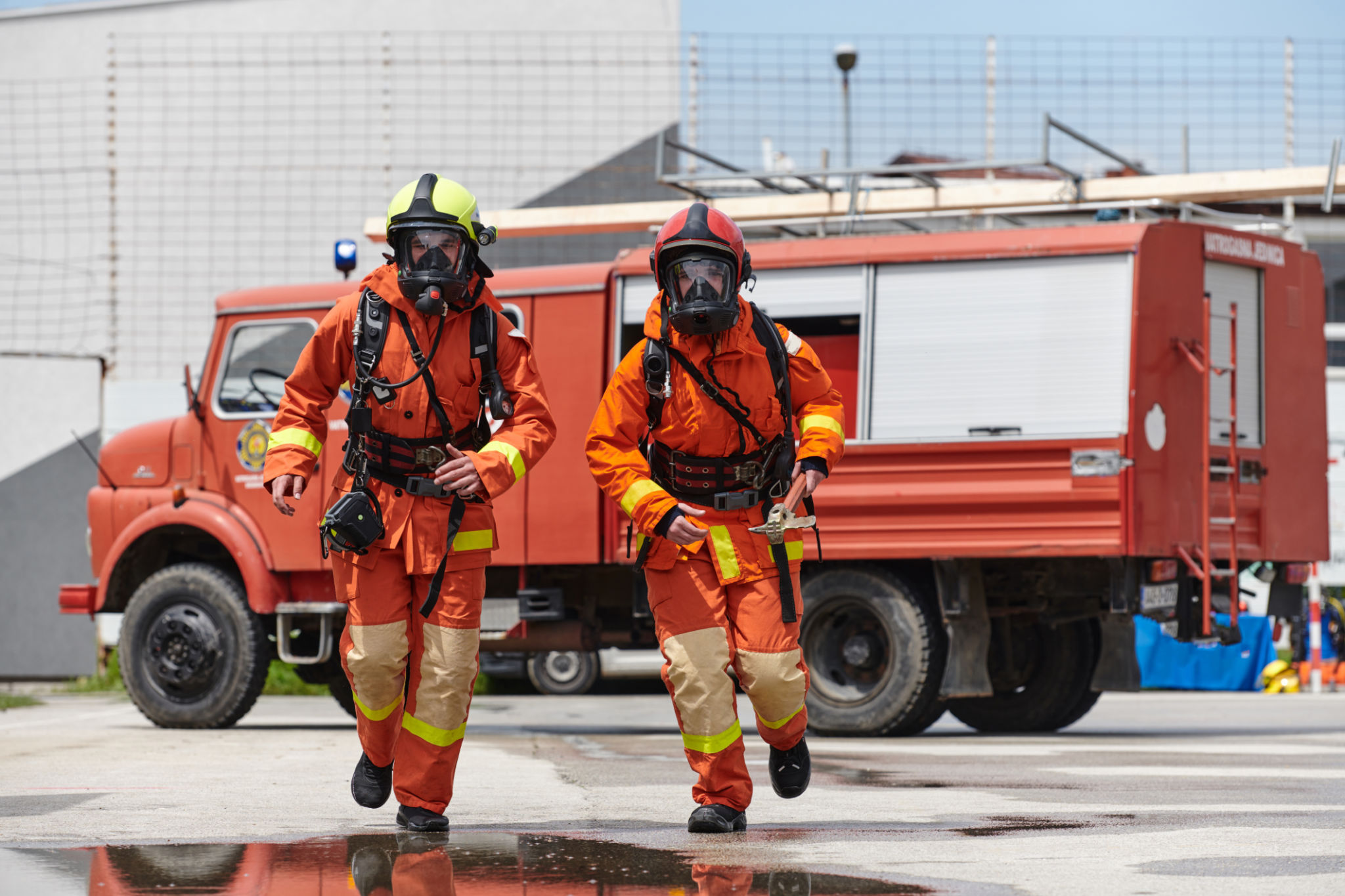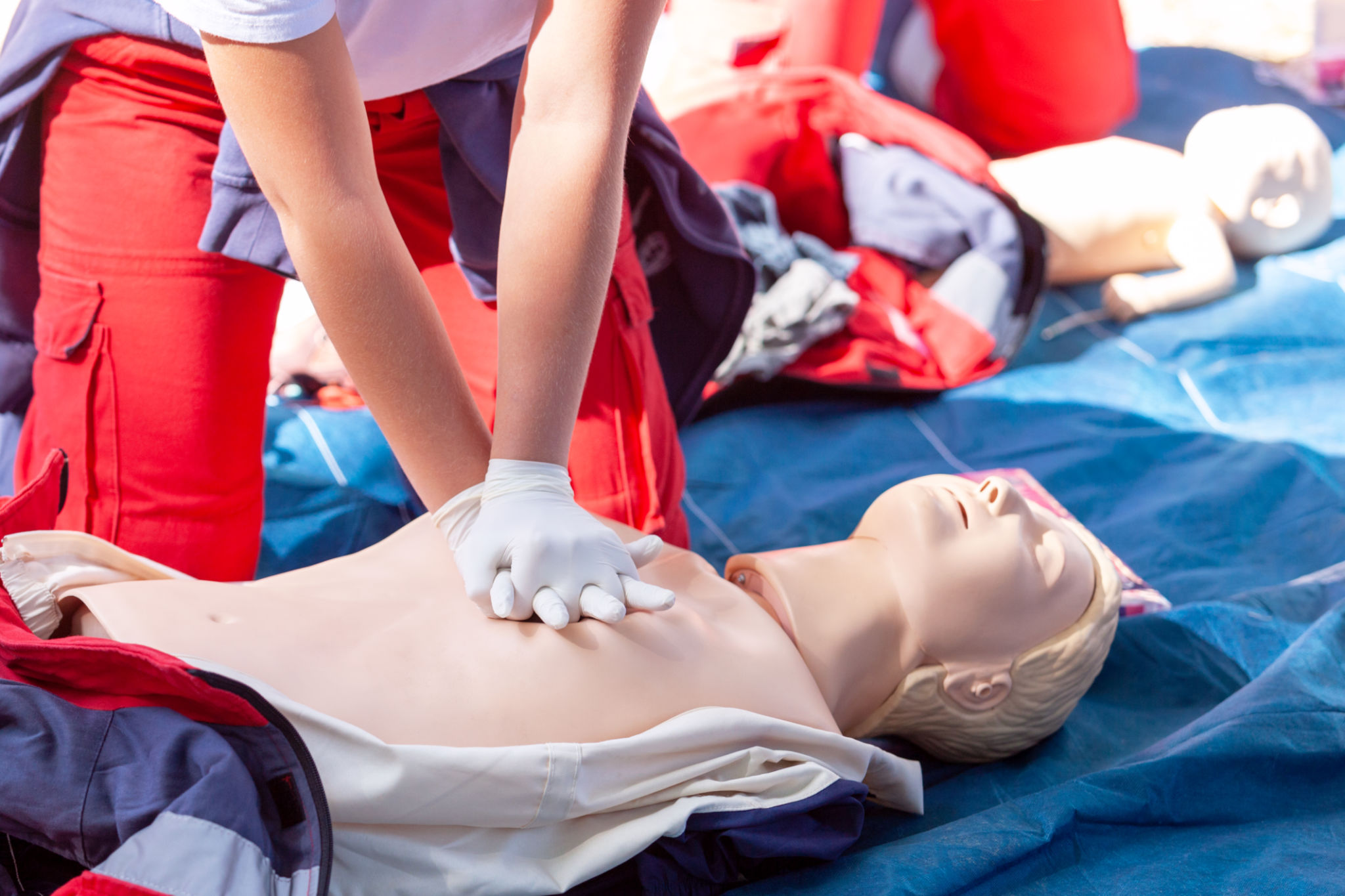Understanding On-Call Paramedic Services: A Comprehensive Guide
What Are On-Call Paramedic Services?
On-call paramedic services are critical components of emergency medical response systems. These services provide qualified medical personnel who are available around the clock to respond to emergencies. Whether it's a car accident, a medical emergency at home, or any other urgent situation, on-call paramedics are trained to deliver immediate medical care and stabilize patients until they can be transported to a healthcare facility.
The importance of these services cannot be overstated, as they often serve as the frontline defense in life-and-death situations. The availability of on-call paramedics ensures that individuals receive timely medical attention, which can significantly improve outcomes and save lives.

How Do On-Call Paramedic Services Operate?
On-call paramedic services typically operate 24/7 and are accessible through emergency contact numbers. When a call is placed, a dispatcher assesses the situation and quickly assigns the nearest available paramedic team to the location. These teams are equipped with ambulances that carry essential medical equipment and medications to handle a wide range of emergencies.
An essential aspect of their operation is rapid response time. Paramedic teams aim to reach the scene as quickly as possible to provide immediate care. This swift action is crucial in emergencies such as cardiac arrests, severe injuries, or situations requiring urgent medical intervention.

The Role of Paramedics in Emergency Situations
Paramedics play a vital role in the initial assessment and management of patients in emergency situations. They are trained to perform various medical procedures, including administering CPR, controlling bleeding, providing oxygen therapy, and using defibrillators. Their expertise allows them to make quick decisions to stabilize patients and prepare them for transport.
Furthermore, paramedics are skilled in communication and coordination with other emergency services, such as fire departments and police, ensuring a seamless response in complex scenarios. Their ability to remain calm under pressure and provide reassurance to patients and family members is invaluable during crises.

Training and Qualifications of Paramedics
Becoming a paramedic requires extensive training and certification. Prospective paramedics must complete a rigorous educational program that includes both classroom instruction and hands-on clinical experience. Topics covered include anatomy, physiology, pharmacology, and advanced life support techniques.
After completing their education, paramedics must pass a national certification exam to become licensed. Continuing education is also essential for paramedics, as they need to stay updated on the latest medical practices and technologies in emergency care.
Benefits of On-Call Paramedic Services
The benefits of on-call paramedic services are numerous. They provide immediate medical response, which is crucial for minimizing the impact of injuries and illnesses. Their presence can prevent situations from worsening, ultimately reducing the need for extensive medical treatment later on.
- Rapid response times improve patient outcomes.
- Trained professionals offer high-quality care at the scene.
- Coordination with hospitals ensures seamless patient transfer.
Additionally, on-call paramedic services contribute to public safety by offering community education on emergency preparedness and first aid practices.
